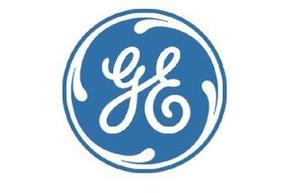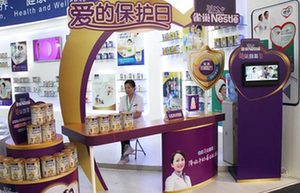Recovery predicted for fast-moving goods as new outlets to emerge
By Wang Zhuoqiong (China Daily) Updated: 2014-03-27 08:33China's recent change to its one-child policy and rapid urbanization will serve as a boost to fast-moving consumer goods companies including Nestle SA, an industry insider said.
Jason Yu, general manager of Kantar Worldpanel, the global market leader in dealing in consumer knowledge and insights based on continuous consumer panels, said discovering how to maximize the benefits brought about by the rapid urbanization in China is key to the growth momentum of Nestle's businesses.
He said the strategy behind its congee brand Yinlu to develop first from lower-tier cities and then enter the first- and second-tier markets with high-end products has proved to be successful.
Moreover, its infant and baby formula Wyeth Nutrition business is expected to be improved by rising demand for high-end milk powders for babies in China.
Yu said Nestle was prudent in emphasizing its local image and brands rather than merely selling Western food to Chinese customers but its future challenges lie in whether it can translate its advantage into innovations based on better anticipating fast-changing Chinese needs.
China's fast-moving consumer goods market including food and beverages will show a recovery this year, driven by a continued customer desire to upgrade, according to China Insight, a paper released by CTR, a market information and insight provider specializing in China trends.
The report said in 2013 the fast-moving consumer goods market grew by 7.4 percent, suffering some significant challenges despite stabilizing in the final quarter.
Kantar Worldpanel has research showing there is a huge potential in product usage, with Chinese people using 3.1 kinds of products in skin care, in comparison with 4.7 used by South Koreans.
Kantar reports annual value growth of 7.4 percent during 2013 for fast-moving consumer goods, compared with the same period a year ago.
"We have seen a more stable growth rate over the last few quarters suggesting we will see overall market improvement during 2014," the report stated.
Value continues to grow ahead of volume in many categories because of inflation but also through shoppers trading up to more premium products across both food and non-food categories, the report added.
Retailers including hypermarkets, supermarkets, mini-markets and convenience stores now account for 42 percent of sales of fast-moving consumer goods in urban regions, with 95 percent of the population using these channels.
However, last year growth slowed and the number of trips shoppers made to these venues was stable, the report said.
Emerging channels, such as e-commerce and personal care stores, have started to have a real impact on modern trade as shoppers change some of their spending habits.
 |
- NHTSA says finds no 'defect trend' in Tesla Model S sedans
- WTO rare earth ruling is unfair
- Amway says 2014 China sales may grow 8%
- President Xi in Europe: Forging deals, boosting business
- CNOOC releases 2013 sustainability report
- Local production by Chery Jaguar Land Rover this year
- Car lovers test their need for speed in BMW Mission 3
- China stocks close mixed Monday


















